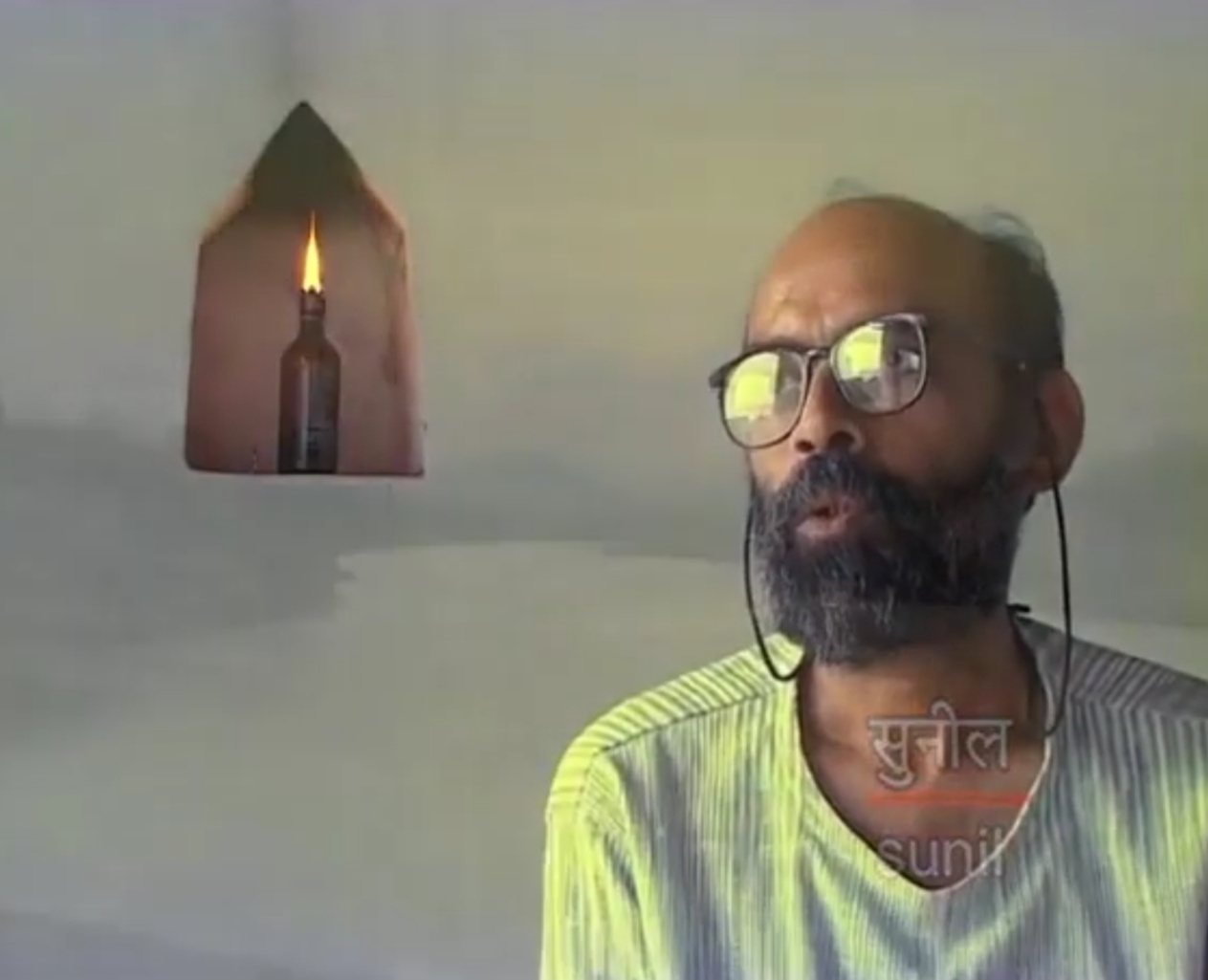Since childhood, I have been inspired by the ambience of protests – of people coming out in huge numbers to vociferously demand their rights. As a millennial in India, I have seen social campaigns in the form of Twitter trends, webinars and online lectures. As a pre-teen, I have seen the the India Against Corruption movement spearheaded by social activist Anna Hazare. Me, and other young people like me, also witnessed the victory of the ‘aam aadmi‘ over corrupt politicians in Delhi.
And from there, we have seen the formation and collapse of various movements – striving, kicking, falling and yelling about their ideologies. Yet we have ended ourselves with a Hindu nationalist regime, whose popularity and acceptance among the masses have only grown leaps and bounds as we watch in despair.
Recently, when I was reminiscing the days of the protests against the Citizenship Amendment Act and the National Register of Citizens, I started thinking about the different ways I could dedicate my life to social causes.
It was then, when I came across a YouTube video, in which a very simple looking man was advocating for the rights of the Adivasis in a village of Odisha. In one of the videos, he said: “You take the map of India, and just look where the forests and the tribal communities are left in India. You will find that they are stacked at the top of one another. Where the tribes have been displaced, the jungles too have vanished.”
This was my first encounter with Sunil Gupta, also known as Sunil bhai or Sunil ji, who was wearing a dusky linen kurta. I was completely hooked to that one simple statement because with it, I realised the integral humane bond between the forest and its tribes.
In this entire journey of me being a naïve spectator of the vicious turn of events, not once did I hear someone connecting and simplifying all the dots of politics – be it ills of anarchic development, environmental challenges, social injustices or crisis of living one’s life with basic dignity. I could hear his words echo in the hollowness of my knowledge.
I read about the Tawa Matya Sang – a cooperative formulated by a displaced tribes of fisherfolk working in the Tawa reservoir in the Hoshangabad district of Madhya Pradesh – and how he helped in building it further, as the cooperative’s advisor.
As I continued reading more about his work, I was delightfully surprised to know that he was the flag bearer of the same socialist heritage of Ram Manohar Lohia and Kishen Pattnaik I resonated with.
My quest for finding purpose in life saw an answer in his sparkling visionary eyes. Hence, I started searching for his whereabouts on Google. It was then when I came across various obituaries. He had passed away in April 2014.
Also read: In Photos: Meet Iih, a Young Activist on an Indefinite Hunger Strike in Nepal
My heart sank – experiencing the loss of someone I had never met, but felt so connected to. One such obituary was written by social activist and politician Yogendra Yadav titled as ‘People’s man’ in which he talks at length about Sunil bhai’s exceptional academic works and how he conducted himself with utmost simplicity at Jawaharlal Nehru University, Delhi.
Although there isn’t much information about him on social media platforms, which is quite unfortunate, some of his essays are available on a website called Samayik Varta. I came across one of his letters written in his twenties to his parents, seeking their permission and blessings for dedicating his life to the cause of tribes in villages of Odisha.
He writes:
“If they are of the opinion that leading one’s life in a village would be very inconvenient and painful, then thinking like this would only be partially true. Rather I think adversely about this. I agree that life in a village would be devoid of advanced facilities, which one gets in a town or city, but don’t we have to pay the price of those? From the last few days, I am getting abounded from the idea of living a life in cities.”
He frowned upon the glamorous life of intelligentsia, money of intellectuals, but preferred working in villages, relentlessly, day after day, for all his life, with no ambitions.
In that letter he also writes,
“That I know, mother often curses her luck. Why do I have insane symptoms? Why can’t I just be like another ordinary person? And if mother wants me to become like an average son and lead an average life, I am even ready to leave my pursuits. But I feel that average life is made for fulfilling narrow objectives. If I want to lead a life different from this, then what is wrong with it?”
Today, when I look at the plethora of progressive organisations I aspire to get associated with, and ponder upon how exactly I can work for the society – his letter answers all my questions, queries and uncertainties for me.
But more than anything else, can I dare say, that it just makes me miss him more. And I feel that had he been with us, I would have easily left everything behind to follow his precedence. Maybe I still can. And in my heart of hearts, I hope, and wish and pray to have and find such dedicated leaders hoisting the flags of social democracy.
I also wish if innocently I could have whined and complained in front of him about the leadership we have today. But most importantly I wish to find in his guidance ways to selflessly dedicate myself to make the change I want to see in this world.
Soumya Thakur is a 21-year-old poet, YouTuber and law student, who also works with Youth For Swaraj in Chandigarh.
Featured image credit: YouTube screengrab

